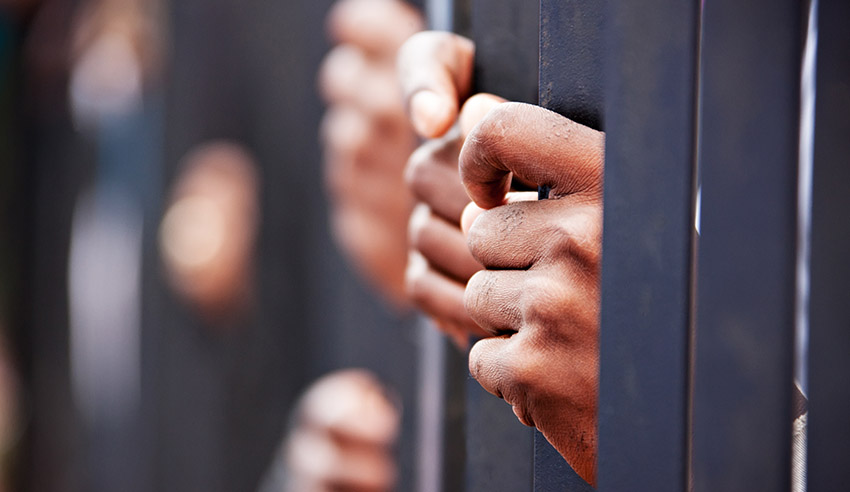The government’s goal to reduce incarceration rates of Indigenous people down to 15 per cent by 2023 is “setting our sights too low” and lacks committed, ambitious action.

Legal experts have reported disappointment over Prime Minister Scott Morrison’s new National Agreement on Closing the Gap, which consists of unambitious justice targets that fail to prioritise critical initiatives needed to address over-representation.
President Tim Game took particular concern with the incarceration targets: “The target aiming to reduce incarceration by 15 per cent by 2031 is unambitious, is disappointing and does not reflect the urgency with which this crisis must be addressed.”
The Law Council of Australia mirrored this concern, pointing out that the target stopped short of envisaging achieving parity until 2093. President Pauline Wright said the target was “especially disappointing” as it comes following inaction displayed by the attorneys-general from across Australia in deferring the decision to raise the age.
Ms Wright said that while it is known the better justice outcomes are inextricably linked to action on social issues – such as housing, disability, education, an out-of-home care program and people with disability being over-represented in the justice system – the targets remain “merely aspirational” without additional, adequate funding.
“The lack of appropriate bail accommodation leads to people being held behind bars unnecessarily. Similarly, the out-of-home care and disengagement from the education system are significant pathways into the criminal justice system,” Ms Wright said.
Ms Wright said the announcement is at risk of appearing hollow without any substantial funding and in the wake of the dismissal of the Uluru Statement from the Heart, which delays raising the minimum age of responsibility, and the failure by the government to even respond to the Australian Law Reform Commission’s justice report.
The Law Council noted that the responsibility for the justice targets, in practical terms, will fall on state governments so it is encouraging those governments to be ambitious in the reforms and develop plans in partnership with Indigenous communities.
It has also expressed concern over the lack of targets on family violence and disability, with Ms Wright adding that while the council understands that a specific family violence target is under consideration, “we urge the governments to consider evidence from the Royal Commission into Violence, Abuse, Neglect and the Exploitation of People with a Disability”, together with statistics from First Nations people.
“People with disabilities face significant barriers not least because of a lack of culturally appropriate disability services,” Ms Wright said.
